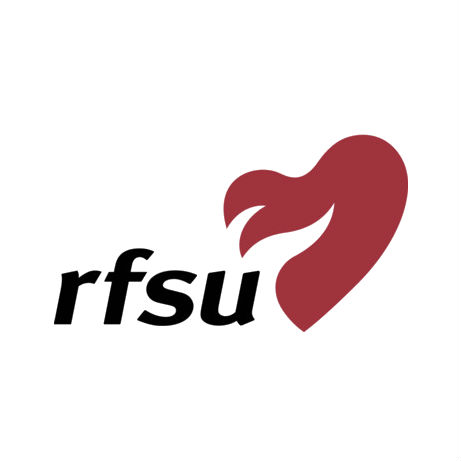

| 31 March 2016
Family Planning Organization of the Philippines
The Family Planning Organization of the Philippines (FPOP) is the largest and most prominent non-governmental family planning organization in the Philippines. It seeks to secure universal access to quality family planning information education and services, with a view to enabling people to make active personal decisions about their sexual and reproductive health (SRH). FPOP aims to mobilize public support for the individual’s right to practise family planning and as a result, a major target is young people. Additionally, there is a real need in the Philippines for men to take a more active role in family planning and parenting, and FPOP is at the forefront of developing and implementing strategies to achieve this objective. It operates more than 1,100 services points, including 29 permanent and 27 mobile clinics and has a network of over 1,000 community-based distributors/community-based services (CBDs/CBSs). Clinics provide voluntary surgical contraception, reversible contraception, medical and laboratory services, and fertility awareness advice. The delivery models which FPOP has developed have been adopted and replicated by public health authorities, and FPOP has significant advisory input to the national SRH policy agenda.

| 31 March 2016
Riksförbundet för Sexuell Upplysning - Sweden
Founded in 1933, RFSU is a non-profit membership organization aiming to promote access to sexual and reproductive health and rights — both in Sweden and internationally. RFSU has 16 local branches in Sweden and a sexual health clinic in Stockholm, also providing an invaluable source of learning for the organisation. In addition, we own a company that makes and sells condoms and wide range of products for sex, pleasure and health. To achieve our vision, of a world in which everyone is free to make decisions over their own bodies and sexuality, RFSU combines several strategies: Expertise and evidence-based knowledge and information, clinical research and global studies on SRHR lay a foundation for a solid argument for SRHR. Extensive experience in comprehensive sexuality education – guarantees the most pedagogical methods for strengthens SRHR and enhance public support for SRHR for all. Global influence and local partnerships. RFSU advocates and influences shaping the political agenda on gender equality (as well as SRHR) in Sweden and internationally. Much of this work is done with partners - for us, partnership is a fundamental way of working. We channel support to civil society organisations in a number of countries (Bolivia, Kenya, Ghana, Liberia, Georgia, Cambodia, Bangladesh, Sri Lanka) and with regional networks in Asia, Africa and Latin America. We also work with organisations and networks in Brussels, Geneva and New York to secure strong support for SRHR in international agreements, and to ensure their implementation.







